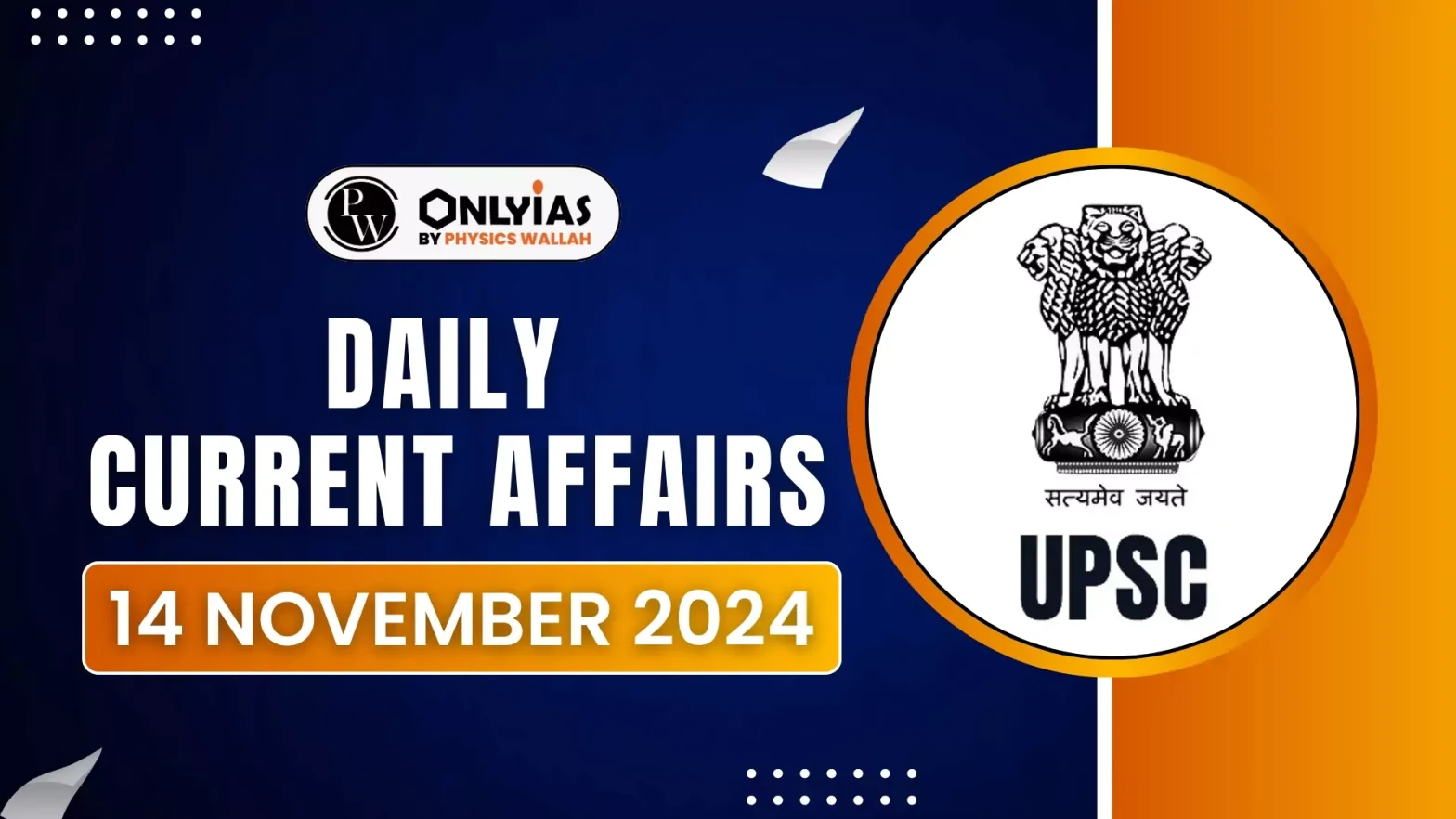A multimedia digital archive featuring Jawaharlal Nehru’s less-known published and unpublished works, will be launched by the Jawaharlal Nehru Memorial Fund (JNMF) on November 14, 2025, his birth anniversary.
- India is also celebrating Children’s Day on November 14, 2024, to commemorate the 135th birth anniversary of Pandit Jawaharlal Nehru.
Also Read: Children’s Day 2024
About Nehru Archive
- Aim: To make Nehru’s contributions accessible to future generations, showcasing his role in shaping modern India and the world.
- Highlights of the Archive:
- All 100 volumes of the Selected Works of Jawaharlal Nehru.
- Letters to Chief Ministers (1947-1964).
- Published books like Letters from a Father to His Daughter, Glimpses of World History, An Autobiography, and The Discovery of India.
- Original speeches from 1917 to 1964.
- Writings on Nehru by contemporaries and materials from global archives.
- The archive will be comprehensive, dynamic, and open-ended, constantly updated with new sources.
- Inspiration: Inspired by the U.S. based Wilson Center, the archive seeks to be the primary source for research on Nehru.
- Foundation: The JNMF was established in 1964.
Check Out UPSC Modules From PW Store
About Jawaharlal Nehru
- Birth: November 14, 1889, in Allahabad, Uttar Pradesh.
- 1912: Returned to India and became an advocate but was not interested in practicing law.
- 1916: Joined Annie Besant’s Home Rule League.
- 1920: Met Mahatma Gandhi and entered the freedom struggle during the Non-Cooperation Movement.
- 1929-31:
- Advocated for complete independence for India in the 1929 Lahore session;
- Drafted a resolution on Fundamental Rights and Economic Policy, ratified in the 1931 Karachi Session presided by Sardar Patel.
- 1936: Presided over the Lucknow session of the Indian National Congress.
- 1940: Participated in the limited civil disobedience campaign ( Individual Satyagrah) led by Gandhi, sentenced to four years in prison.
- 1942: Designated by Gandhi as his political heir.
- 1947: Became the first Prime Minister of Independent India and was re-elected for consecutive terms. He remained PM for more than 16 years till his death in 1964.
- 1955: Awarded the Bharat Ratna.
Contributions of Jawaharlal Nehru
- Literary Work: Authored The Discovery of India, Glimpses of World History, and his autobiography Toward Freedom, as well as Letters from a Father to His Daughter.
- Education: Established institutions like IITs, AIIMS, and IIMs; included free and compulsory primary education for all children in his five-year plan.
- Industrial Development: Set up heavy industries, including iron and steel plants in Durgapur and Rourkela.
- Institutions: Laid the foundation for the National Defence Academy and the Atomic Energy Commission.
- Foreign Policy: Initiated the Non-Aligned Movement; signed the Panchsheel with China in 1954, marking the Five Principles of Peaceful Coexistence; known as the architect of India’s foreign policy.
- Governance: Appointed the States Reorganisation Commission in 1953 to create states based on linguistic lines.
![]() 14 Nov 2024
14 Nov 2024
